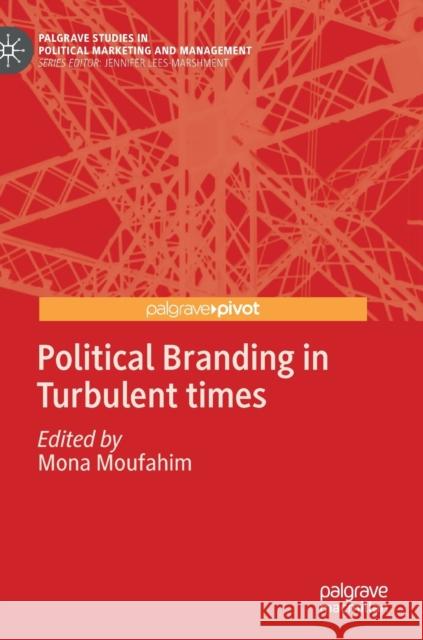Political Branding in Turbulent Times » książka
topmenu
Political Branding in Turbulent Times
ISBN-13: 9783030832285 / Angielski / Twarda / 2021 / 134 str.
Kategorie BISAC:
Wydawca:
Palgrave MacMillan
Seria wydawnicza:
Język:
Angielski
ISBN-13:
9783030832285
Rok wydania:
2021
Wydanie:
2021
Numer serii:
000793618
Ilość stron:
134
Waga:
0.39 kg
Wymiary:
21.01 x 14.81 x 1.42
Oprawa:
Twarda
Wolumenów:
01
Dodatkowe informacje:
Wydanie ilustrowane











